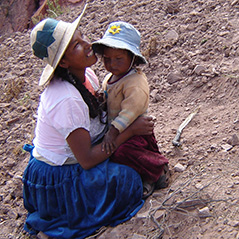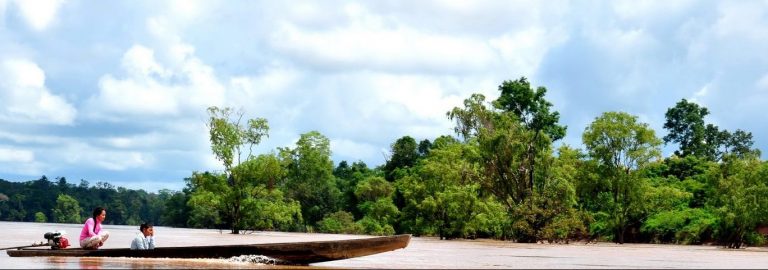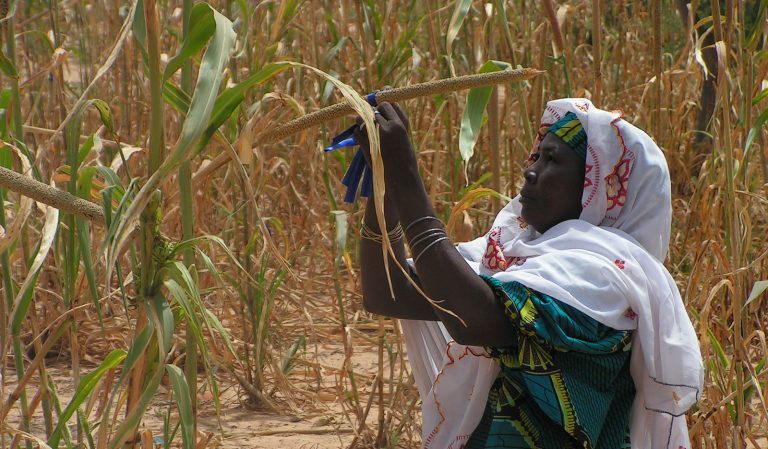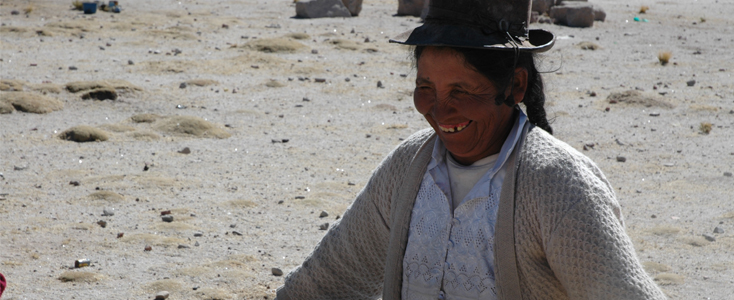World Neighbors focuses on training and educating communities to find lasting solutions to the challenges they face – hunger, poverty, and disease – rather than giving them food, money, or constructing buildings. Their programs contribute to improving the social, economic, and physical resources available to and controlled by a community. Investing in local leadership and organizations, World Neighbors stays in a community for eight to ten years, aiming to bring long-lasting and sustainable improvements in people’s lives in the community.
The Lancaya community is 4,137 meters above sea level and a 40-minute drive from the town of Chiroqasa. Pascuala Mamani and Antonia Choque, two women who accompanied World Neighbors staff during the entire project, live in this community. They witnessed the changes in their community during this time. They said that before the project, many families had plans to permanently migrate to cities to find a better life. But in recent years, several families had changed their minds, having learned solutions to improve production and to get the most out of their local resources.
“I want to see all my kids graduate, to grow up healthy, strong and intelligent, and to help the community and us… and I want to improve my land, my crops, and for my animals to have nutritious food,” —PASCUALA MAMANI, WORKSHOP PARTICIPANT
 Both women learned in the food workshops about ways to better feed their children, the nutritional value of their crops, and how to better communicate these changes to their neighbors. Pascuala says that she can see the results in her children and husband. She says she now has greater freedom to manage household resources, and sees that her young children are growing up healthy and that her husband cares about giving nutritious food to their children. Both Pascuala and Antonia were among the families who wanted to migrate to Cochabamba. Now they think differently and believe that their life is in the community near their land and crops.
Both women learned in the food workshops about ways to better feed their children, the nutritional value of their crops, and how to better communicate these changes to their neighbors. Pascuala says that she can see the results in her children and husband. She says she now has greater freedom to manage household resources, and sees that her young children are growing up healthy and that her husband cares about giving nutritious food to their children. Both Pascuala and Antonia were among the families who wanted to migrate to Cochabamba. Now they think differently and believe that their life is in the community near their land and crops.
“I want to see all my kids graduate, to grow up healthy, strong and intelligent, and to help the community and us… and I want to improve my land, my crops, and for my animals to have nutritious food,” Pascuala said.


